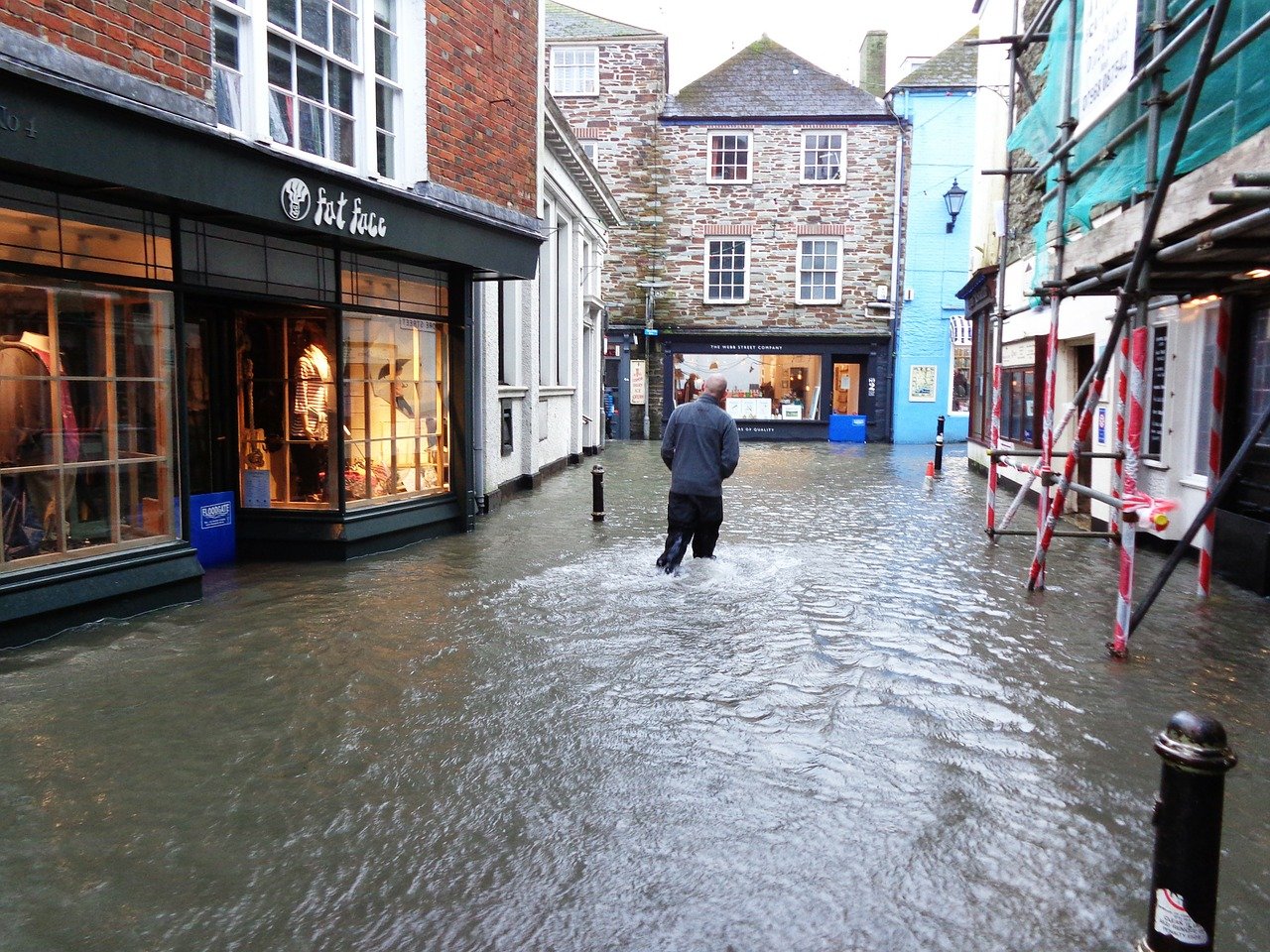Prepare your home for storm water damage
Storms are unpredictable. Once the good weather returns, it can feel like a relief. Water damage is a common issue, with millions of cases reported every day. On the other hand, water damage may merely be beginning. When there is an excessive quantity of rain, flooding and property damage might ensue.
There can be many ways of protecting your house. This blog describes some of the ways through which we can prevent water damage and arrange for any storm damage restoration.
1) Check the condition of the roof
As a result of frequent exposure to the elements, such as temperature fluctuations, thunderstorms, and hurricanes, the roof may crack. You may even witness missing shingles from the place. Rainwater might get into your home via the cracks in your shingles if they are old or broken.
Trees with a minimum height of 6 feet should also be pruned since their branches might damage the shingles if they rub against them. Tree trimming regularly will help remove any dead wood, resulting in fewer limbs falling in severe winds.
To minimise damage to your windows, clear your yard of anything that might go airborne during high winds associated with severe storms. As a consequence, no harm will come to your windows. Outside, secure grills, picnic tables, and other yard equipment.
Schedule an inspection with a professional roofer if you are frightened of heights. They should be able to detect any problems with your roof that need to be fixed and give you an estimate of how long your roof will last and how much it will cost to replace it.
2) Clean all the gutters
Water is directed to the drain via the gutter system on your roof. However, debris like dust, branches, leaves, and other rubbish can clog the drain, preventing water from flowing downstream. The basement, generally, is the most susceptible level of your house.
Ground-level gutter extenders can help to safeguard your home. They are crucial as they help in draining the water away from your property. Keeping gutters clean and well-maintained might help you avoid stormwater damage. If there is a blockage in the channel, you should contact a water damage company to resolve the issue.
3) Check the condition of the sealants
Following the roof inspection, check all leaking sealants for deterioration, such as stacks, skylights, and chimneys, and make any required repairs.
If the seal is broken or weak, or there are any leaks, it may need to be replaced. Such leaks are not covered under insurance, and you must ensure that these leaks are entirely intact.
If the sealants are not in place or are removed from some portion, you should use chalk, tar, and silicone on these places to cover such leakages. You may also use covers to protect your window wells from the elements.
4) Look for the wind
Storms are often accompanied by high-speed wind, which has such high speed that they can even blow a car or maybe your house completely. You should remove all the heavy objects from your terrace and lawn so that they do not come banging on your door.
You should remove all the outdoor furniture, artefacts and other heavy things from the lawn. It would help if you transported all the stuff to a safe place where they do not come flying back.
5) Keep yourself ready for the flood
Conditions like floods are unexpected, and they happen all the time, especially if you live in flood-prone areas. Such incidents also damage the property, and thus, you should always have an insurance policy covering such damages. It would help if you kept the following things also in mind other than the policy:
- Store all the essential documents in an air-tight container.
- Keep a pump ready so that you can remove the water as soon as it accumulates in the house. You should also keep an alternative source of electricity prepared as there is an outage of electricity in such a scenario.
- Make your basement waterproof so that you can prevent seepage of water.
- You should level your lawn correctly so that water does not accumulate in any area.
These measures are significant as they prepare you and your property for such a scenario.

